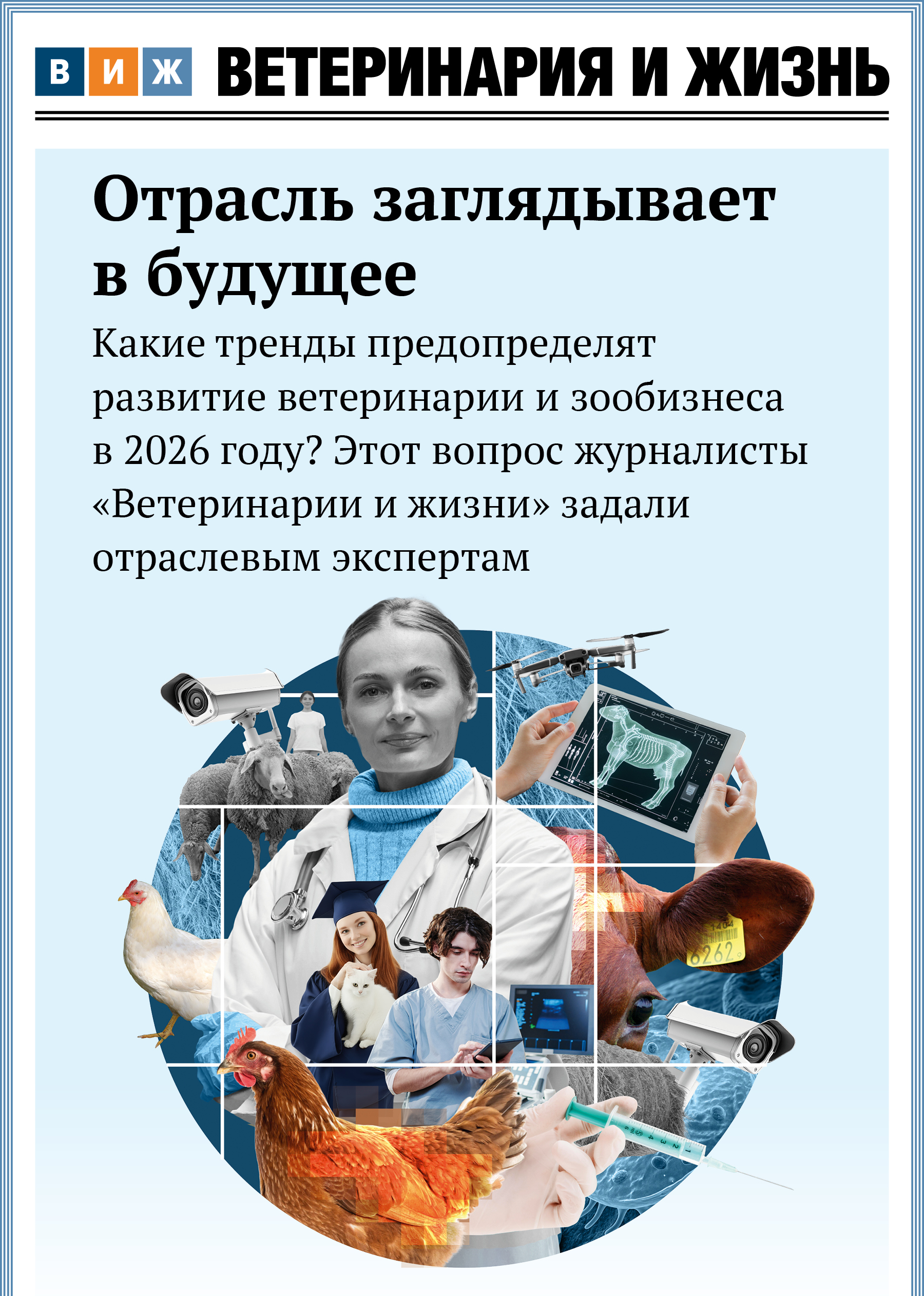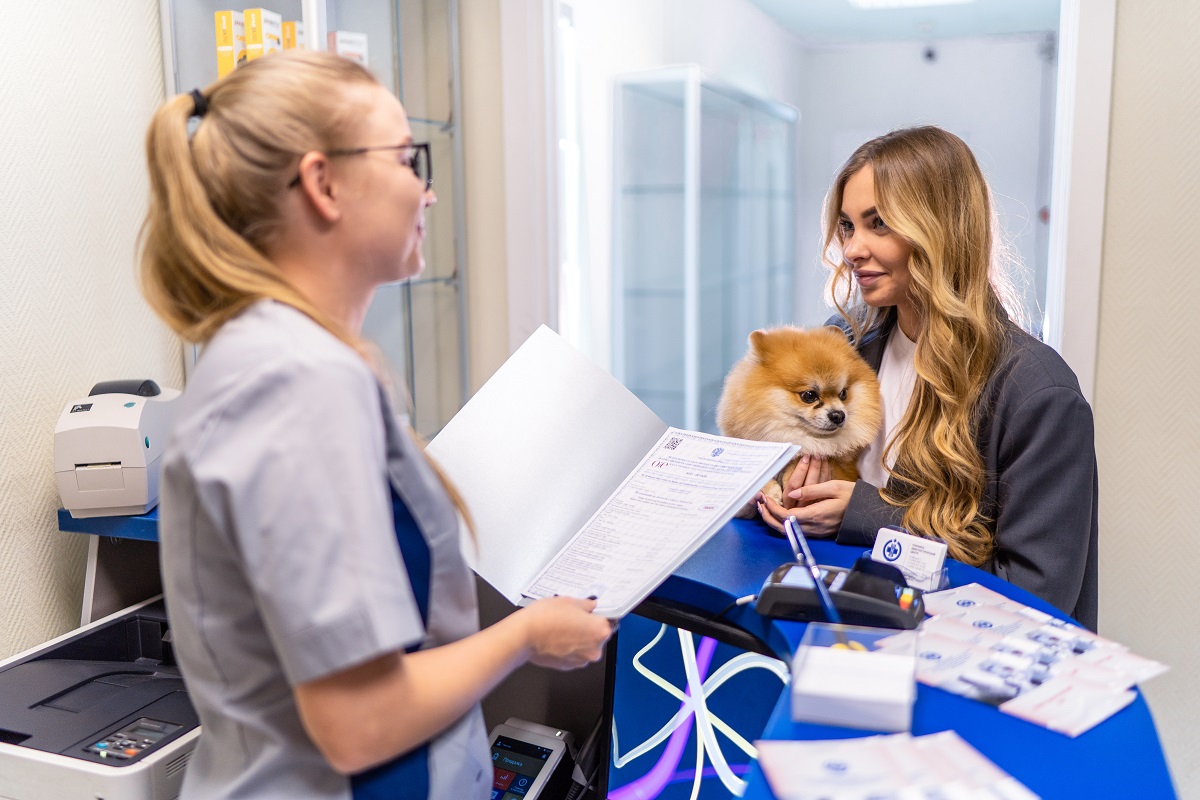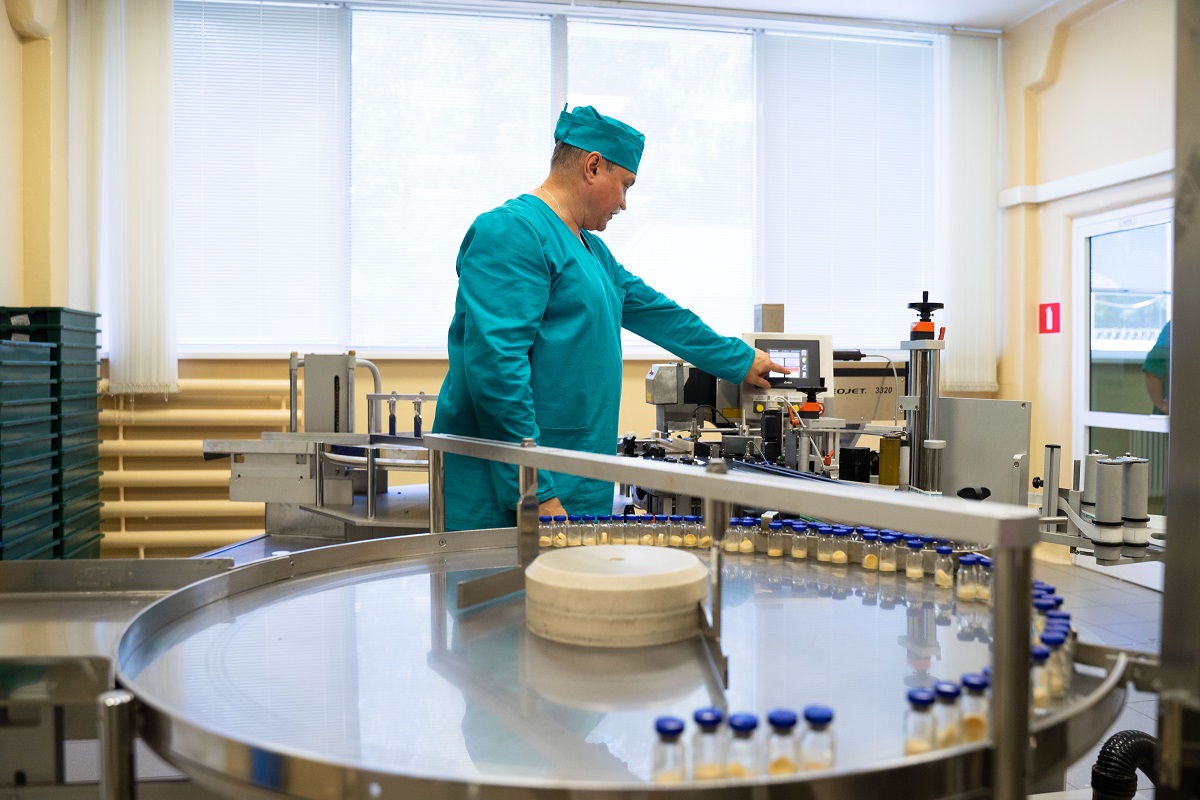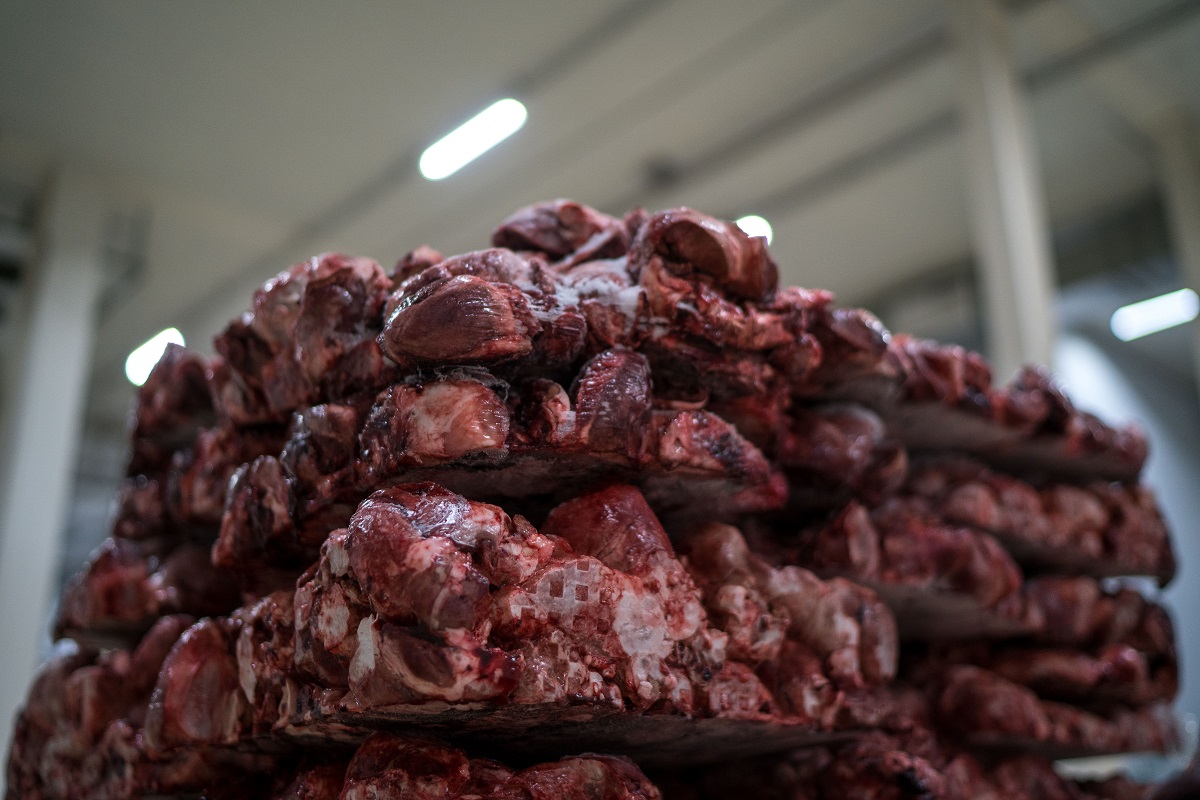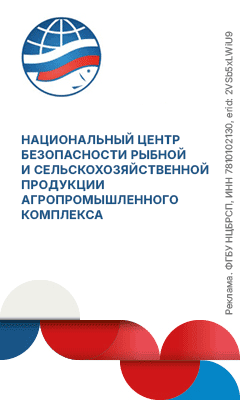Manure management legislation
A new law on animal by-products management will come into force in Russia on March 1, 2023. It applies to manure, guano, wastewater generated from a variety of farm activities, and bedding, if used in livestock production.
From now on it is up to the farmer to decide on how to handle manure and guano.
The new law sets a notification procedure for the decision made by the farmer. If the owner prefers to consider substances, produced at animal farming, as animal by-products, he must notify the corresponding territorial department of the Rosselkhoznadzor.
The procedure, terms and reference forms for such notification were set by the order of the Russian Ministry of Agriculture. The notification can be submitted either in person or by mail. The online notification submission form will be developed by March 1, 2024.
Notifications have to be submitted annually, before January 1 of the coming year. This means that notification for 2024 has to be submitted by December 31, 2023.
The notification for the current year must be submitted before May 1, 2023, as this year is considered a transitional period towards the full implementation of the new law.
The requirements for livestock farming by-products management and a list of violations are set by the by-laws.
For instance, the exposure of soil to unprocessed livestock by-products is listed among violations. In cases where those are processed and comply with safety standards, set by the governmental Decree No. 1940 of October 31, 2022, they can be used as a fertilizer on fields.
More details on the requirements imposed by the new law on farmers, whether they will be fined for violations and if the new document affects backyard farms, were provided to Veterinary Medicine and Life by Maxim Sinelnikov, Deputy Head of the National Meat Association, member of the Public Council under the Rosselkhoznadzor.
Who will be divested from compensation?
Law No. 222-FZ of June 28, 2022, will come into force on March 1, 2023. The document sets out a new procedure for payments due to owners of farm animals or animal products seized as part of the most dangerous livestock diseases eradication effort. An important amendment – the owner of seized animals may be divested from compensation, or the size of compensation may be significantly reduced.
According to the new rules, every application for compensation will be followed by a request forwarded by the local authorities to the territorial administrations of Rosselkhoznadzor aiming to establish the lack of violations of veterinary regulations by the owner.
Violations are categorized in different levels of severity, which define the 25-50% reduction in compensation. In cases of three “significant” or four “less significant” violations, payment for condemned livestock will be refused.
The cases when the compensation may be reduced or refused are listed in the government Decree No.139 of February 1, 2023.
The list includes the following reasons for compensation reductions:
- failure to inform national veterinary services about cases of animal disease or death;
- lack of a disinfection zone for personnel at the site. This requirement doesn’t apply to farms producing pasture-finished cattle;
- the territory of the farm is unfenced;
- biowaste was disposed in violation of veterinary rules;
- transport vehicles were not disinfected at the entrance;
- second usage of vehicles after transporting of infected animals;
- food products were brought into the territory of the pig farm.
Experts believe, that the new rules will encourage more responsible attitudes to compliance with veterinary legislation among farmers.
A ban on feeding food waste to pigs
Important amendments to the veterinary rules for the keeping of pigs touch upon their feeding. Amendments were approved by the order of the Ministry of Agriculture No. 583 of September 6, 2022. The main one is the ban on feeding food waste to pigs, aiming to protect livestock from African swine fever (ASF). In fact, current veterinary rules allow feeding pigs with food waste on condition that “not less than 30 min heat treatment (boiling)” is applied.
As Nikita Lebedev, adviser to the head of the Rosselkhoznadzor, previously explained to V&L, the checks show, that heat treatment requirements are not taken seriously by pig farmers. “For instance, heat treatment is performed under conditions that don’t destroy African swine fever virus. Consequently, if the waste hasn’t been processed sufficiently, it can cause disease after being fed to pigs,” he explained.
This opinion is shared by Sergey Kukushkin, head of the technical department of pig farming products in CIS countries at Boehringer Ingelheim LLC. “It is not uncommon to reveal the genetic material of the ASF virus in sausages or other pig products,” the expert said. According to him, the causative agents of ASF and a number of other diseases are resistant to the external environment, and complete disinfection of food waste by heat treatment cannot be guaranteed. Therefore, in order to prevent the ASF virus from spreading with food waste, the decision on a complete ban was made. The restrictive amendments will come into force on March 1, 2023.


